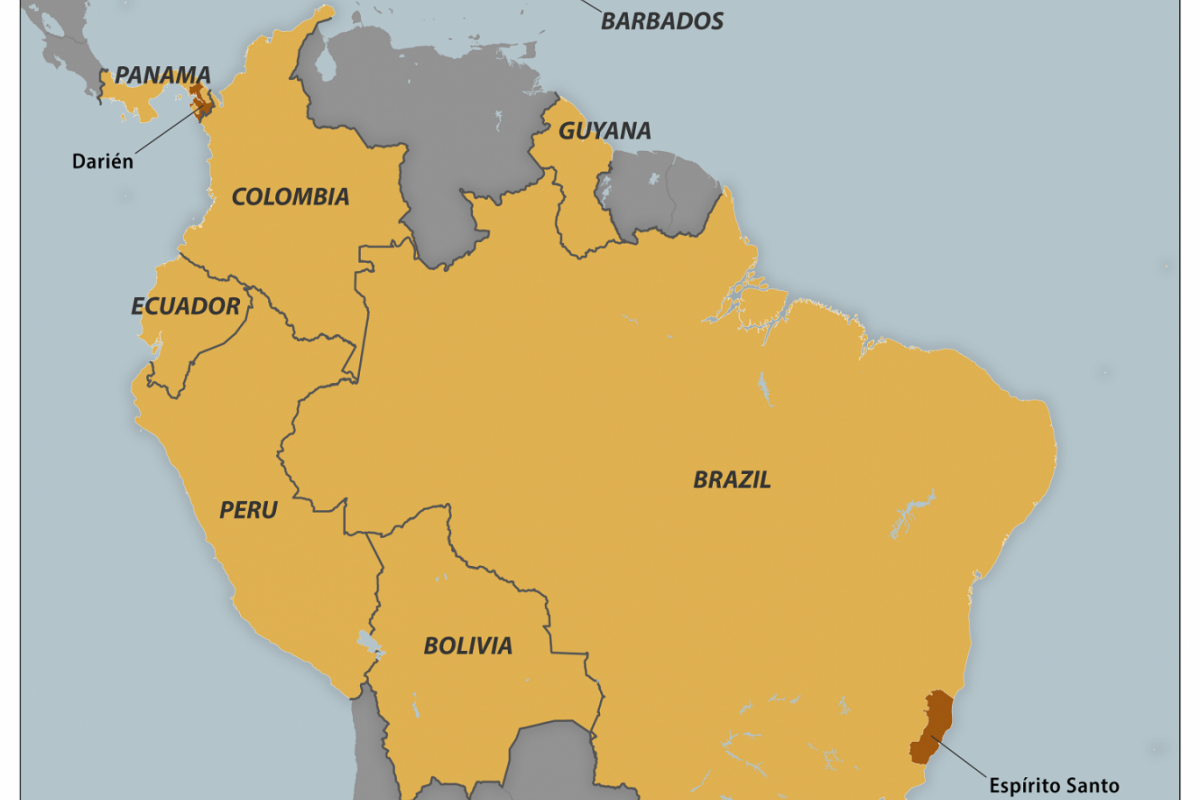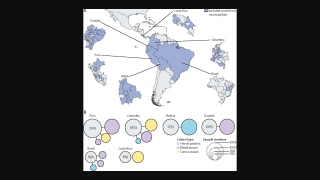Cuba's Oropouche Outbreak Includes 76 Guillain-Barré Syndrome Patients

Cuba's Oropouche fever outbreak set new records in 2024 and started in 2025, heading to new highs.
On January 30, 2025, the PAHO reported Dr. José Raúl de Armas, head of the Department of Communicable Diseases at MINSAP, provided an update on the epidemiological situation in the country, which has reached 100% of Cuba's provinces.
To date, there have been 23,639 suspected cases and 626 confirmed cases. Among the latter were 76 patients with Guillain-Barré Syndrome, 25 with encephalitis, and 15 with meningoencephalitis.
Florida, Cuba's western neighbor, confirmed 103 travel-associated Oropouche fever cases in 2024.
According to the U.S. Centers for Disease Control and Prevention (CDC), the Oropouche virus is spread primarily through the bites of infected small flies and mosquitoes. Symptoms typically start 3–10 days after being bitten and last 3–6 days. Most people recover without long-term effects. There is no specific treatment for Oropouche.
To alert international travelers of this health risk, the CDC issued Travel Health Advisories for various countries in the Region of the Americas. Furthermore, the CDC confirmed there are no Oropouche vaccines available in 2025.
Our Trust Standards: Medical Advisory Committee







